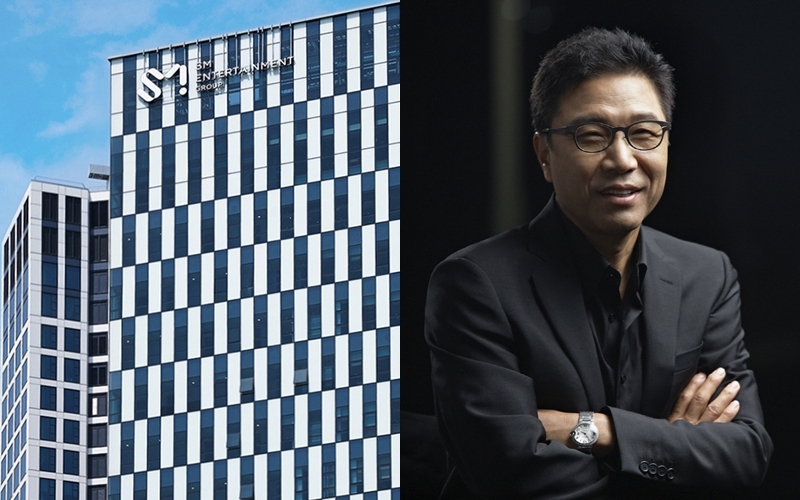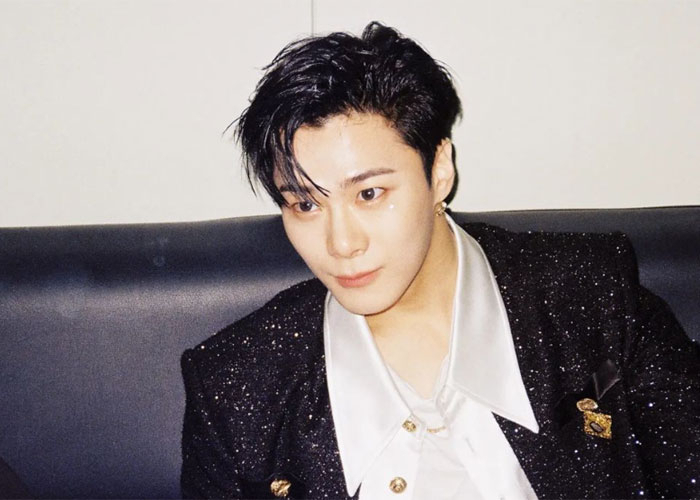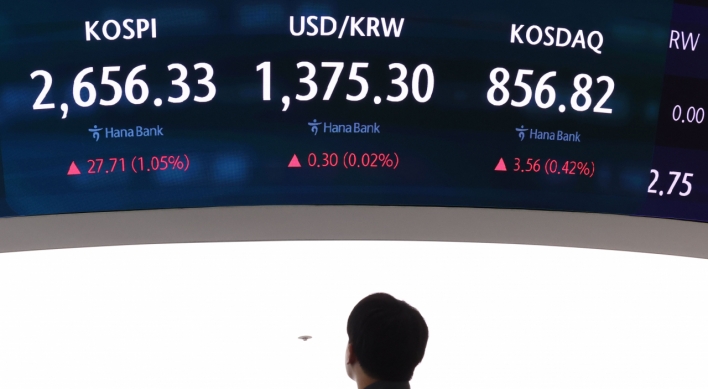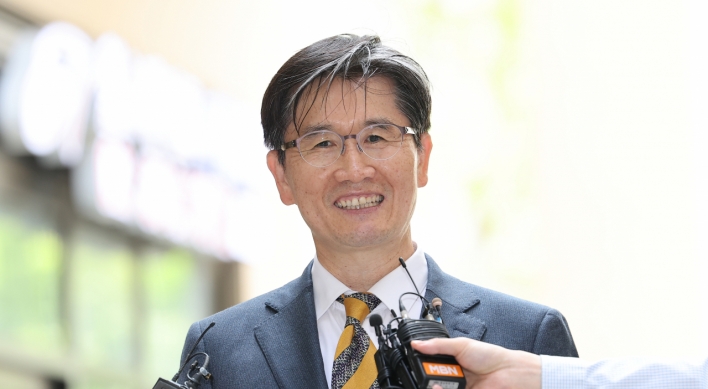[2023 K-pop in a Nutshell] From Moonbin’s death to Fifty Fifty’s legal dispute: Twists and turns in the K-pop scene
By Hong YooPublished : Dec. 31, 2023 - 16:01

A string of unexpected twists and turns made this year a tumultuous one for both the K-pop industry and K-pop fans.
Early this year, SM Entertainment removed its founder Lee Soo-man, considered the "godfather of K-pop," from the company’s head producer position to open a new chapter under a strategy plan called “SM 3.0.”
SM 3.0 involves establishing five different production centers and independent music labels to diversify production, a significant departure from the former system in which Lee was in charge of the entire music production process.
The move sparked a feud between Lee and SM executives over the ownership of the K-pop powerhouse, with Lee teaming up with Hybe and SM executives siding with internet giant Kakao.
After a fierce battle to become the major stakeholder of SM, Hybe raised the white flag, as it assessed that the market was overheating.
Kakao seized control of the label in March and has since been actively promoting global expansion with popular SM Entertainment artists like NCT and aespa.
The label even established an integrated corporation together in North America to accelerate global growth and expansion.

In April, the death of the K-pop boy group Astro’s Moonbin left fans in shock and grief.
The 25-year-old singer was found dead at his home in an apparent suicide.
His death shed light on K-pop’s dark side -- rigorous training and work regimens that sometimes lead to health issues, both physical and psychological, among young artists.
Moonbin had been taking part in his first world tour at the time as part of a duo with Sanha of Astro.
Moonbin was reported to have suffered from some health issues, openly telling his fans during a livestream that he was “feeling unwell” but noting that he was trying to take care of his health and “recover” to make his fans happy.
To tackle such issues, some entertainment agencies began to provide annual medical check-ups for their artists, as well as therapy with psychiatric professionals.

In June, K-pop girl group Fifty Fifty abruptly applied for an injunction, seeking to terminate its exclusive contract with Attrakt, its agency.
The members claimed a breach of contract by Attrakt including improper compensation and forcing a member to participate in scheduled activities despite poor health.
Fifty Fifty had risen to stardom with the hit single “Cupid,” breaking K-pop records in the biggest Western music charts, the US-based Billboard and the UK-based Official Charts.
Attrakt claimed that the group was being manipulated by a subcontracted outsourcing company, The Givers, which it said was trying to sell off the group to Warner Music Korea.
The Givers was in charge of the overall management of Fifty Fifty and their releases.
Fifty Fifty, described as a miracle of a small-sized agency, disappeared into history as Attrakt terminated its exclusive contract with three of the group members Saena, Sio and Aran.
Keena of Fifty Fifty returned to the agency in October confessing that Ahn Sung-il, a representative from The Givers, had incited the group to apply for the injunction to terminate the group’s exclusive contract with Attrakt.

In October, legendary K-pop artist G-Dragon became embroiled in an illegal drug use scandal. The artist denied any drug use and tested negative both in a comprehensive narcotics analysis of his nail samples conducted by the National Forensic Service as well as in the rapid drug test conducted by the drug crime investigation unit.
Early this month, police wrapped up the drug investigation into G-Dragon.
However, false rumors and malicious comments about G-Dragon continued to spread online even after the investigation came to an end.
The artist is expected to take legal action against malicious commenters and those who spread false rumors with zero tolerance.
G-Dragon is also set to establish an anti-drug foundation, the JusPeace Foundation, next year and to donate 300 million won ($230,237) to help eradicate illegal drug use and to provide medical treatment for teenagers who suffer from drug addiction.
G-Dragon is also planning to release a new album in the first half of next year.
This article is part of a series examining the K-pop scene in 2023. -- Ed.
If you’re thinking about self-harm or suicide, contact the Ministry of Health and Welfare’s helpline 1393, available 24 hours a day, 7 days a week. Please request a translator for English-language services.









![[Weekender] How DDP emerged as an icon of Seoul](http://res.heraldm.com/phpwas/restmb_idxmake.php?idx=644&simg=/content/image/2024/04/25/20240425050915_0.jpg&u=)

![[Today’s K-pop] NewJeans' single teasers release amid intrigue](http://res.heraldm.com/phpwas/restmb_idxmake.php?idx=644&simg=/content/image/2024/04/26/20240426050575_0.jpg&u=)






![[Herald Interview] Mistakes turn into blessings in street performance, director says](http://res.heraldm.com/phpwas/restmb_idxmake.php?idx=652&simg=/content/image/2024/04/28/20240428050150_0.jpg&u=)
